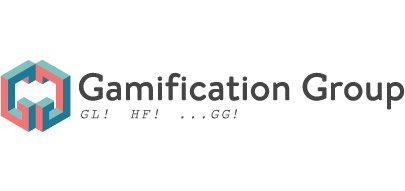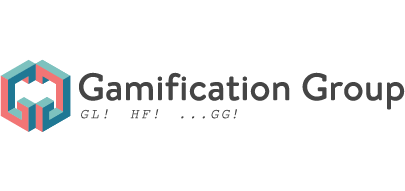CALL FOR PAPERS: Gamification minitrack in the Hawaii International Conference on System Sciences (HICSS’ 2026)

Interaction with games is considered to have positive effects on our cognitive, emotional, social and motivational abilities. It isn’t surprising, then, that our reality and lives are increasingly becoming game-like. This is not limited to the fact that digital games have become a pervasive part of our lives, but perhaps most prominently with the fact that activities, systems and services that are not traditionally perceived as game-like are becoming either intentionally or emergently gameful.
Gamification refers to a “process of transforming any activity, system, service, product or organizational structure into one which affords positive experiences, skills and practices similar to those afforded by games, and is often referred to as the gameful experience. This is commonly but optionally done with an intention to facilitate changes in behaviours or cognitive processes. As the main inspirations of gamification are games and play, gamification is commonly pursued by employing game design.” Gamification has become an umbrella concept that, to varying degrees, includes and encompasses other related technological developments such as serious games, game-based learning, exergames & quantified-self, games with a purpose/human-based computation games, and persuasive technology.
Secondly, gamification also manifests in a gradual, albeit unintentional, cultural, organizational and societal transformation stemming from the increased pervasive engagement with games, gameful interactions, game communities and player practices. For example, recently we have witnessed the popular emergence of augmented reality games and virtual reality technologies that enable a more seamless integration of games into our physical reality. Case in point are urban spaces that are increasingly becoming playgrounds for different games and -play activities. While location-based games such as Pokémon Go were able to attract millions of players, concepts such as Playable Cities and Urban Gamification highlight the large-scale changes that games are bringing about in the smart cities of the future. Moreover, the media ecosystem has also experienced a degree of ludic transformation: with user generated content becoming an important competitor for large media corporations. This transformation has led to the development of several emerging phenomena such as the Youtube and modding cultures, esports, or the ‘metaverse’, that have penetrated the cultural membrane allowing games to seep into domains hitherto dominated by traditional media.
We encourage a wide range of submissions from any disciplinary backgrounds: empirical and conceptual research papers, case studies, and reviews. Relevant topics include (but are not limited to):
- Users: e.g. Engagement, experience, motivations, user/player types.
- Education: e.g. Serious games, game-based learning, simulation games.
- Media: e.g. eSports, streaming, Web 3.0 / metaverse.
- Commerce: e.g. Game business models, free-to-play, gamification as marketing, adoption.
- Work: e.g. Organizational gamification, gameful work, games-with-a-purpose, playbour.
- Technology: e.g. VR, AR, MR, gameful wearables, gamified AI, and IoT.
- Toys & playfulness: e.g. smart toys, serious toys.
- Health: e.g. Quantified-self, games for health, health benefits.
- Cities: e.g. smart cities, urban gamification, playable cities, community engagement, governance.
- Theories/concepts/methods: Contributions to science around gamification.
The Gamification minitrack at HICSS is part of the Gamification Publication Track aimed at persistent development of gamification research.
High quality and relevant papers from this minitrack will be selected for fast-tracked development towards Internet Research. Selected papers will need to expand in content and length in line with the requirements for standard research articles published in the journal. Although the minitrack co-chairs are committed to guiding the selected papers towards final publication, further reviews may be needed before a final publication decision can be made.
===
IMPORTANT DATES:
June 15, 2025 | 11:59 pm HST: Paper Submission Deadline
August 17, 2025 | 11:59 pm HST: Notification of Acceptance/Rejection
September 22, 2025|11:59 pm HST: Deadline for Authors to Submit Final Manuscript for Publication
October 1, 2025 | 11:59 pm HST: Conference registration deadline for at least one author of each paper
===
Minitrack Co-Chairs:
Juho Hamari (Primary Contact)
Tampere University
juho.hamari@tuni.fi
Nannan Xi
Tampere University
Nannan.xi@tuni.fi
Benedikt Morschheuser
Friedrich-Alexander-Universität Erlangen-Nürnberg
Benedikt.Morschheuser@fau.de




Sorry, the comment form is closed at this time.